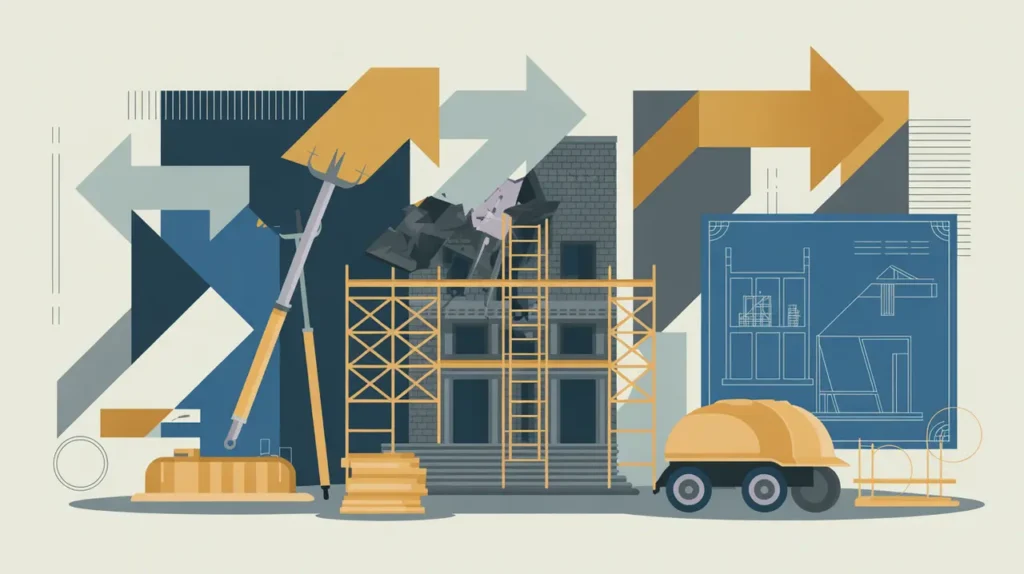Importance of Infrastructure Development
Infrastructure development is fundamental to economic growth, social inclusion, and sustainable development. Roads, bridges, power grids, water systems, and digital networks enable the delivery of essential services, facilitate trade, and connect communities. In international development, infrastructure is often seen as both a driver and an enabler. It provides the foundation upon which education, health, and economic systems function. For nonprofits and social innovators, infrastructure development matters because it directly shapes access, equity, and resilience in communities.
Definition and Features
Infrastructure development refers to the planning, construction, and maintenance of physical and digital systems that support societal needs. Its defining features include:
- Transport Networks: roads, railways, ports, and airports.
- Utilities: electricity, water, sanitation, and waste management systems.
- Social Infrastructure: schools, hospitals, and community facilities.
- Digital Infrastructure: broadband, mobile networks, and data systems.
How this Works in Practice
In practice, infrastructure development involves governments, private investors, and development agencies working together through financing, planning, and construction projects. For example, donor-funded programs may support rural electrification, while public–private partnerships finance highways or digital connectivity. Nonprofits often focus on ensuring infrastructure projects are inclusive, environmentally sustainable, and aligned with community needs. Barriers include high costs, corruption in procurement, environmental degradation, and displacement of vulnerable populations.
Implications for Social Innovation
Infrastructure development has significant implications for social innovation because it creates the systems that enable equitable access to opportunities. Innovations such as green building technologies, decentralized energy grids, and participatory planning processes can make infrastructure more sustainable and inclusive. For proximate actors, infrastructure determines access to markets, services, and decision-making spaces. Infrastructure development is essential for building resilient and inclusive societies.







